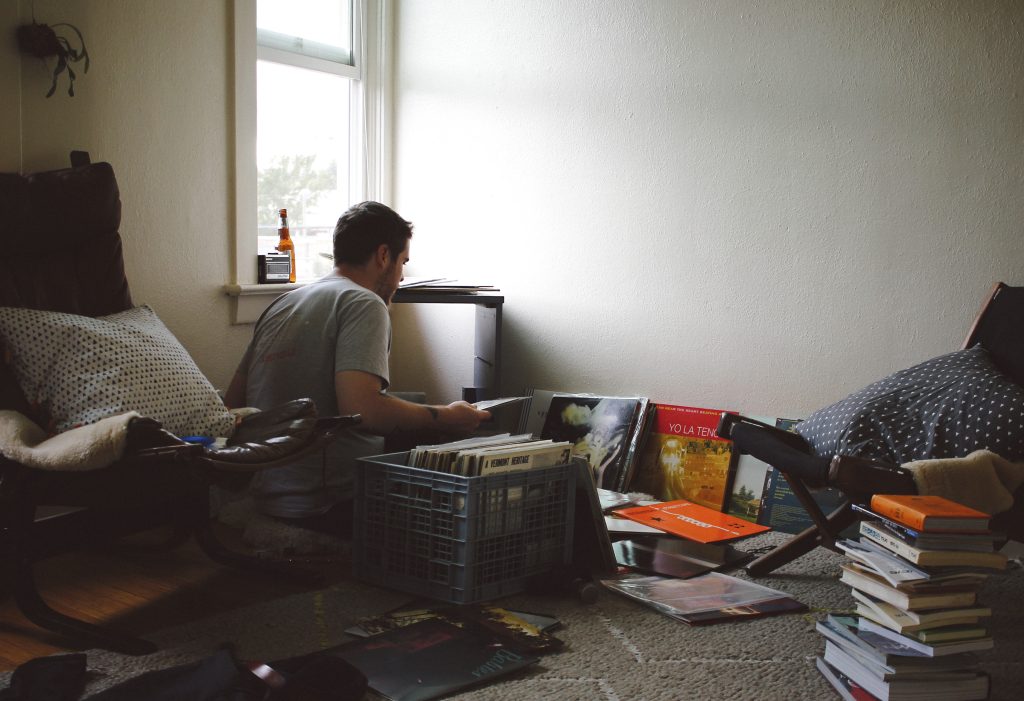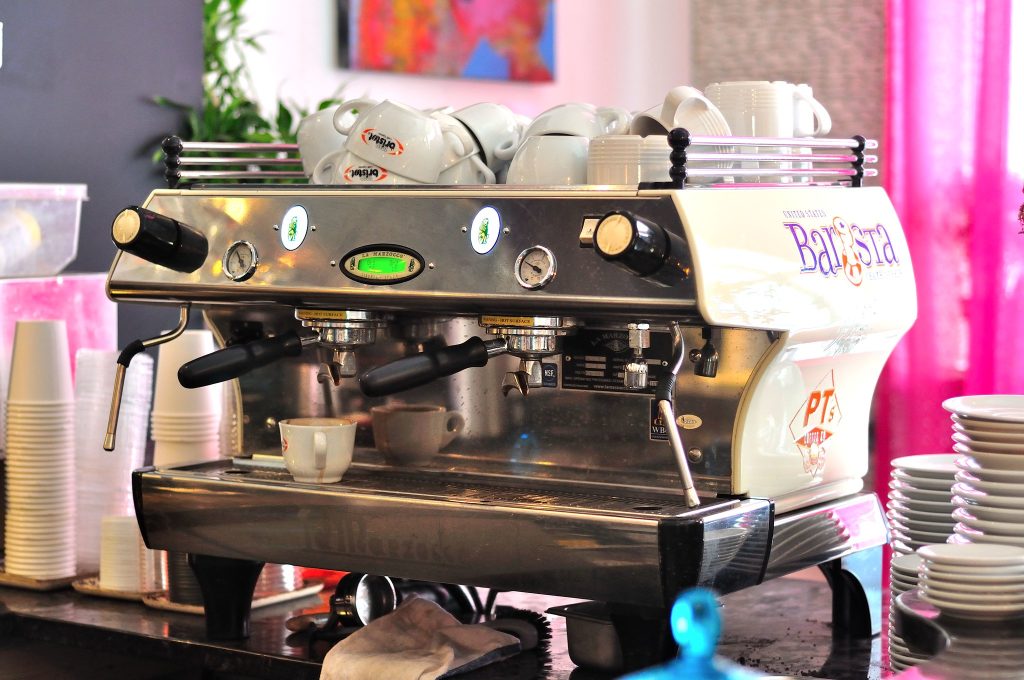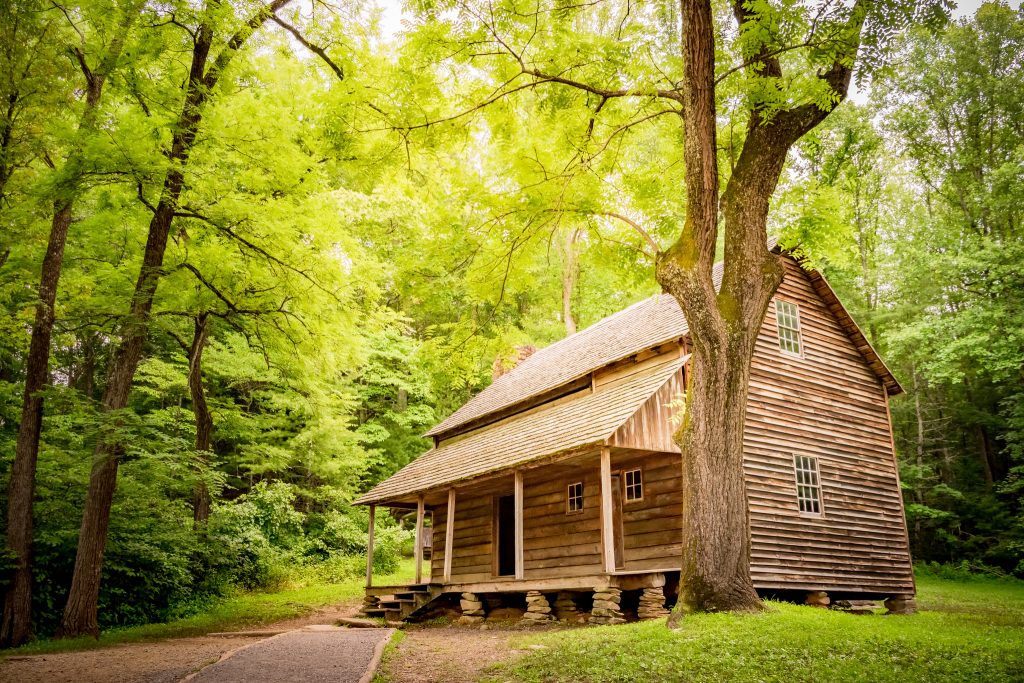In today’s digital society, we are constantly barraged with stimuli, be it our phones, billboards, or a thousand flashing lights enticing us to venture into that corner store. Biologically, it makes sense that we are attracted to the constant buzz and flashing lights. With the exponential development of technology our brains have not had the time to evolve to our new digital environment. In essence we’re all still cavemen with unlimited access to colorful flashy distractions right in our pockets. At least this is how philosopher Chris Buskens explained it to me in a seminar and his book “Evolutionary Thinking.”
We live in an evermore attention-demanding world, one where the lines between “me-time” and socializing have blurred to the point where even squinting doesn’t allow us to pinpoint its exact location. When everyone and everything is constantly vying for your attention, we need someone to moderate our exposure, because we are too often too easily enticed by the flashing lights. Of course there are a thousand different “podcast bros” who will preach the dangers of social media, and give you different “tricks” to limit your screentime, but I believe that like any big change in our daily lives that change needs to come from within.
This is where I notice an ever-growing nostalgia for the analog play a big role in redefining our boundaries with the digital eco-system.
Music

An example of analog nostalgia closest to my own heart is listening to music on vinyl. While most of my music consumption is still done through Spotify and my wireless headphones, mostly to drown out the noise of the city as I commute, my favorite way to experience music is still by far in analog form. For me this love for vinyl is two-fold. Firstly I think the analog sounds better. Analog music means there is far less compression than with digital sound formats, coming much closer to what the actual studio recording was supposed to sound like. The second reason why I love vinyl is the rituality of going to a record store, finding an album by one of my favorite artists and buying it. Then when I get home I make myself some tea, unwrap my new record, take out the vinyl and put it on my record player and carefully placing the needle on it. It is a much more mindful, ritualized way of listening to music. It is taking the time to enjoy a piece of art, without any outside distraction.
To me it really just feels like the “proper” way to listen to music, going through the ritual to enjoy something that transcends the way in which we normally consume music. You could compare it to a cup of coffee. If spotify is a Nespresso pod, quick, easy and accessible, then vinyl is like a properly brewed espresso from a La Marzocco machine.

Digital Detox

Over the last summer break I spent four weeks in Norway visiting family, and two of those weeks were spent at what in Norway is referred to as “hytte” or “the hut”. Hytte is a cultural tradition in Norway where people take a couple weeks every year to go off to their hut in the wilderness and get away from modern life for a while. The traditional hut has no electricity, no internet, no plumbing. It’s really life brought back to the basics, and it is oh so good. Spending two weeks with very limited access to internet or electricity really made me appreciate the company more, and all the fun things we usually do on our phones nowadays that are just way more satisfying in person.
Take puzzles for example. I enjoy the NYT daily puzzles as much as anyone, but there is something really wholesome and satisfying about sharing one book of sudokus with five people. To see the progress made throughout the vacation on paper, everyone’s little notes in the margins, the waiting for your turn to do a sudoku. I think the best way to really connect with the people you care about is to spend two weeks with them in a hut, and spend 20 minutes waiting on them to finish their sudoku.


Loved the comparison with the coffee haha
Haha thank you!
Crazy